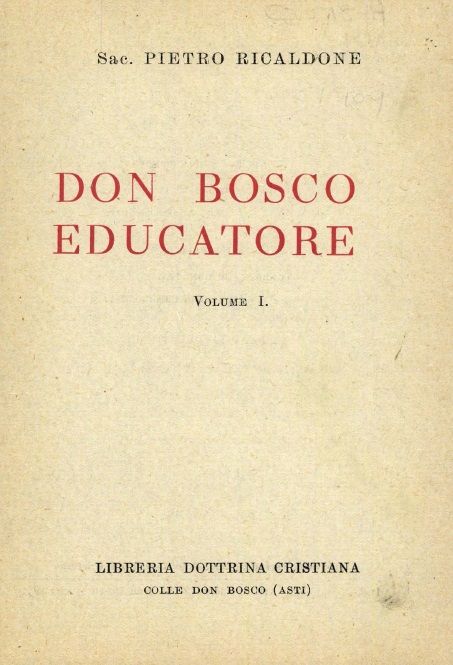Il secondo volume sembra presentarsi in forma più unitaria e omogenea riferendosi fondamentalmente ad alcune principali trattazioni di psicologia aderenti alla problematica educativa: la psicologia generale, che costituisce l’indispensabile e insostituibile punto di partenza per la formazione di una precisa mentalità scientifico-positiva nel settore delle ricerche sulla psiche umana; la psicologia genetica o dell’età evolutiva; e la psicologia differenziale.








